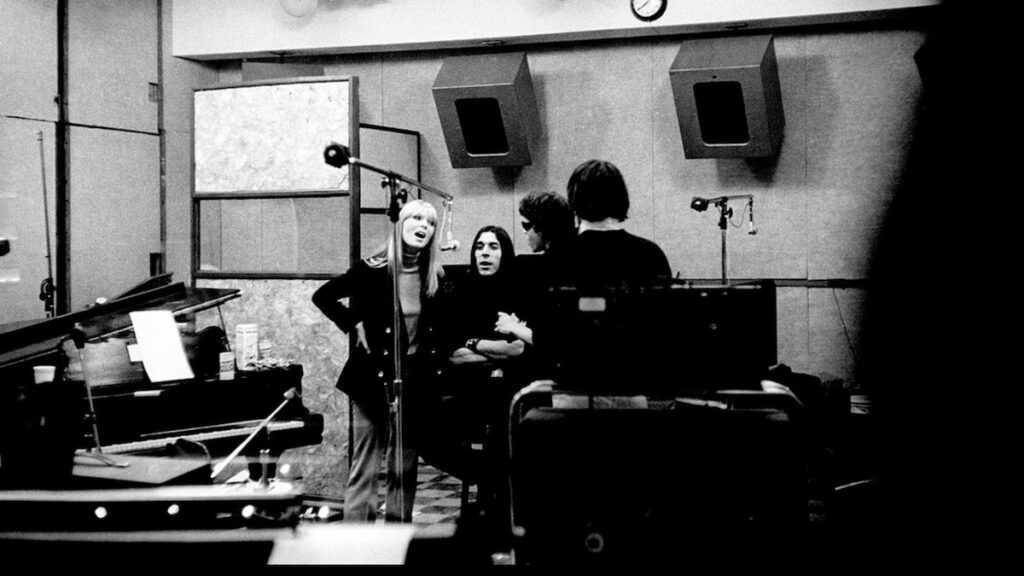Norman Dolph, the music industry polymath best known for his early work with The Velvet Underground, has died. He was 83.
In a statement issued Friday, Planetary Group confirmed that Dolph had died on May 11th in New Haven, Connecticut, after a battle with cancer. “Touring galleries with someone who knew most of the artists personally was a privilege few people are lucky enough to experience,” added Invisible Hands Music owner Charles Kennedy, a close friend of Dolph’s. “I will miss Norman greatly but his friendship and the wisdom he imparted along the way is an endless well that I will cherish forever.”
Dolph was born in Tulsa, Oklahoma on May 11th, 1939. After graduating from Yale with an electrical engineering degree in 1960, he moved to New York City, where he worked as a salesman at Columbia Records’ Custom Labels Divison and pressed records for third-party clients like indie label Scepter Records, whose early roster included acts like The Isley Brothers and Dionne Warwick.
As he began cultivating his career in record labels, Dolph also ran one of America’s first mobile discos, where he often played nighttime arts events. Through this scene, he met a number of iconic visual artists including Andy Warhol, who introduced Dolph to a then-unknown band called The Velvet Underground.
Using Scepter’s midtown Manhattan studio, Norman worked on a number of tracks that would end up on the finished version of The Velvet Underground’s 1967 debut The Velvet Underground & Nico: “All Tomorrow’s Parties,” “European Son,” “Femme Fatale,” “Run Run Run,” “I’ll Be Your Mirror,” and “The Black Angel’s Death Song.”
Eager to find a label to release The Velvet Underground & Nico, Dolph gave the acetate of the recordings to his bosses at Columbia. He was bluntly turned down with a note from Columbia’s A&R that read: “You’re out of your mind with this.” After Warner Bros. and Elektra also passed on the album, it wound up being released by MGM’s jazz imprint Verve. The original acetate would later sell for $25,000 on eBay, one of the largest price tags ever paid for a vinyl record.
By the 1970s, Dolph had transitioned to songwriting. He co-wrote the 1974 hit “Life Is a Rock (But the Radio Rolled Me),” recorded by an ad hoc studio group called Reunion, which would later be tweaked for a McDonald’s Super Bowl commercial.
As a close affiliate of New York’s arts scene in the ’60s and ’70s, Dolph would go on to grow his extraordinary collection of paintings, and begin painting himself. By the ’80s and ’90s, he wrote about software and other topics of interest to entrepreneurs for a column in Success magazine. He also worked as an insurance executive. He married his second wife, Eve Dolph, in 1995.

